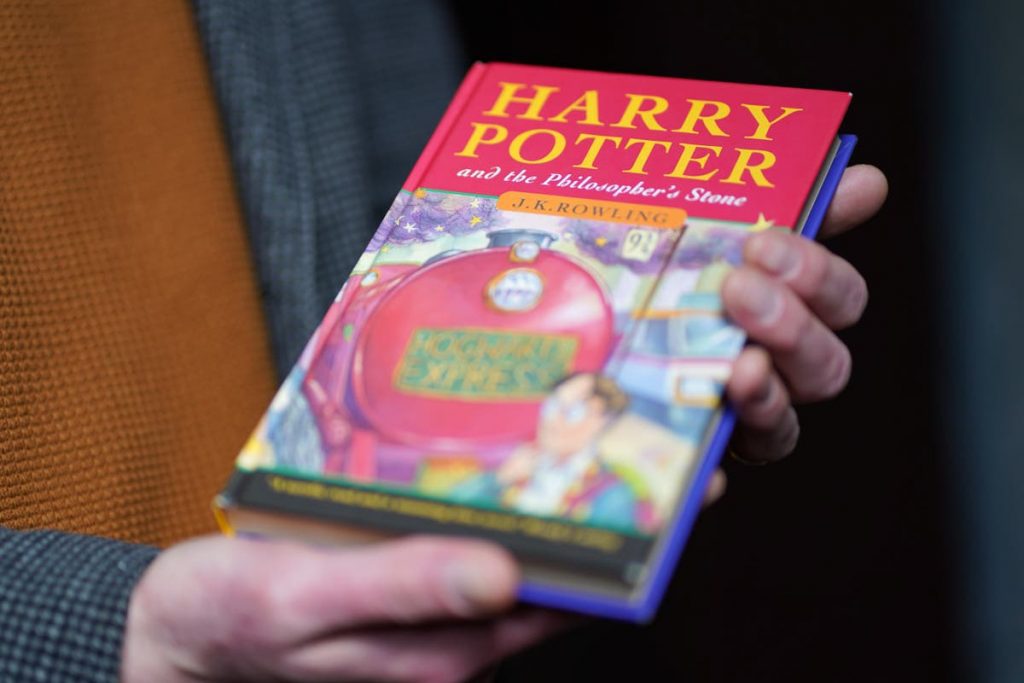Your Contribution Helps Shape the Narrative
Your support plays a crucial role in helping us share important stories.
From key issues like reproductive rights to climate change and the power of technology, we are dedicated to uncovering truths on the ground. Whether investigating the financial ties of Elon Musk’s Pro-Trump PAC or working on our latest documentary titled The Words, we are focused on shedding light on American women advocating for reproductive rights while emphasizing the importance of factual analysis.
At this pivotal moment in American history, it is essential to have reporters on site. Your contributions enable us to send journalists to engage with all perspectives of a story.
Independents have gained the trust of Americans across the political spectrum. Unlike many high-quality news sources, we do not restrict access to our reports and analyses through paywalls. We believe that high-quality journalism should be accessible to all, regardless of financial ability.
Your support truly makes a significant impact.
The Projection of Political Bias in Popular Culture
Research from the University of Southampton indicates that the British public tends to believe that characters like Harry Potter, Spider-Man, and Gandalf would vote in alignment with their own political views, whereas villains like Darth Vader and Cruella De Ville would side with opposing parties. This tendency to project opinions onto fictional characters can contribute to political polarization.
The findings suggest that when presented with reports about politicians who are charitable or corrupt, individuals often assume that "good" politicians belong to their own party while "bad" politicians are affiliated with opposing parties. Dr. Stuart Turnbull Dugalte from the University of Southampton noted that people tend to link negative attributes with groups they view as adversaries, which exacerbates political divides and makes them more susceptible to misinformation that aligns with their biases.
In one segment of the research, which surveyed 3,200 individuals across the UK and the US, participants were asked to guess the political leanings of well-known fictional characters from franchises such as Marvel, Disney, and Harry Potter. Findings indicated that people are 20% more likely to associate heroes with their own political beliefs while assuming that villains support the opposition.
In a separate survey involving 1,600 UK participants, respondents were shown contrasting narratives about local councillors—one portraying councillors as donors to charity and the other depicting them as thieves. Results indicated that approximately one-sixth of the participants incorrectly recalled the councillors’ party affiliation, illustrating a tendency to associate charitable deeds with one’s political party and nefarious acts with rival parties.
Dr. Turnbull-Dugalte remarked that individuals are inclined to view heroes as belonging to their group, while considering opponents as villains. He emphasized that understanding the tendency to project such traits along partisan lines is crucial in combating rising political polarization and recognizing the complexities of reality beyond our biases.

